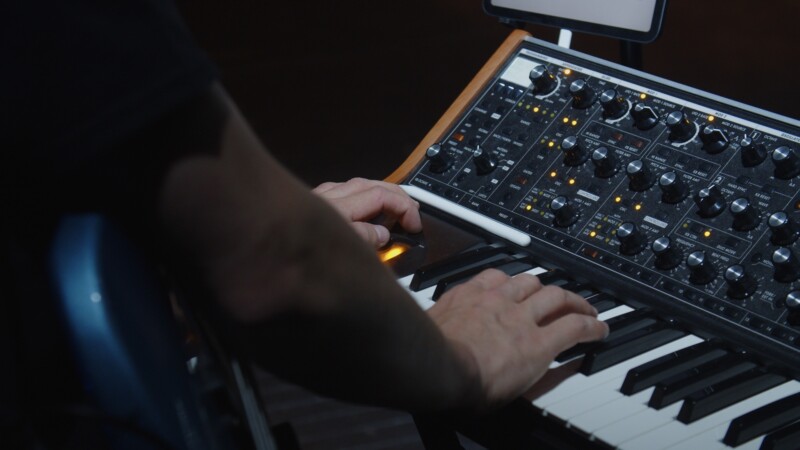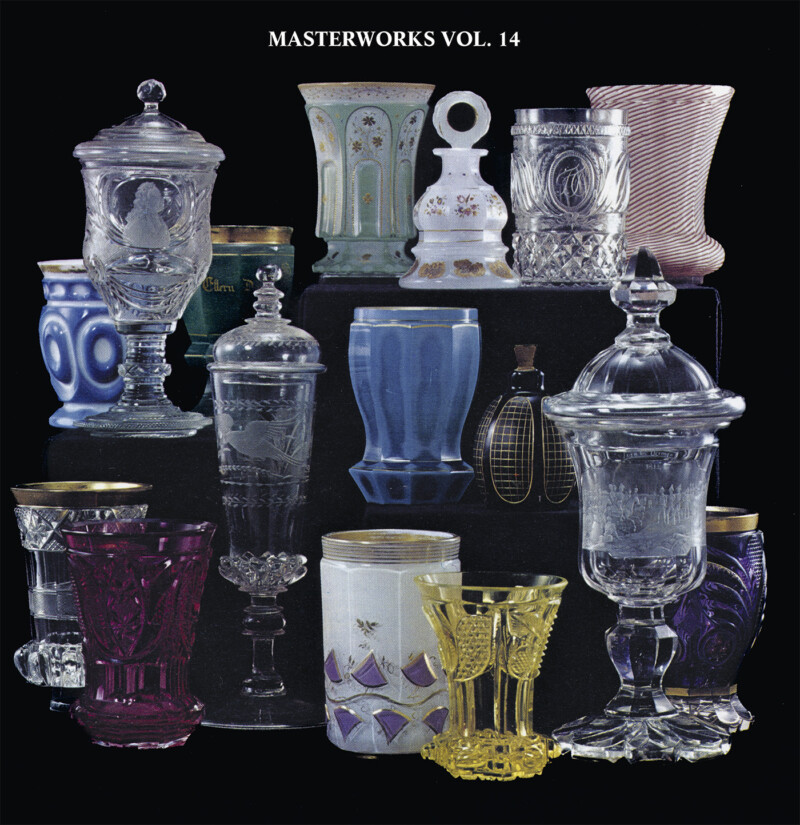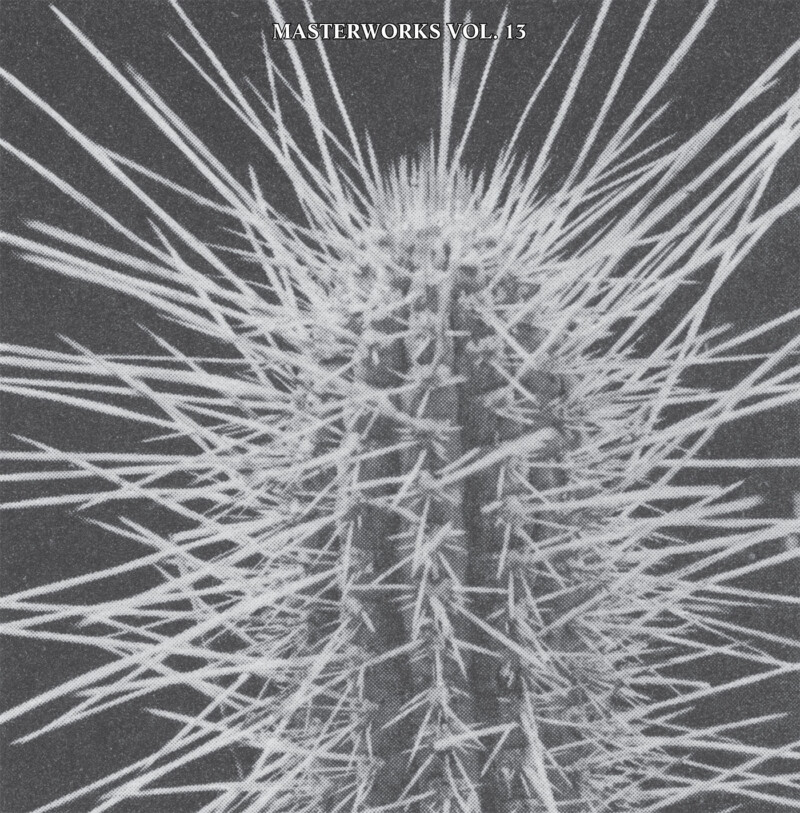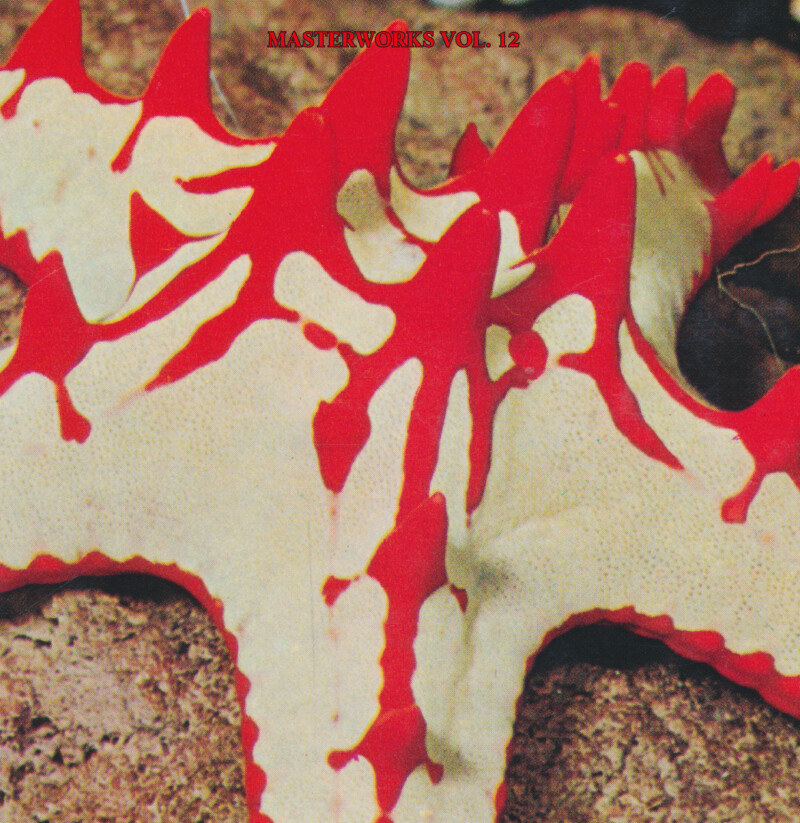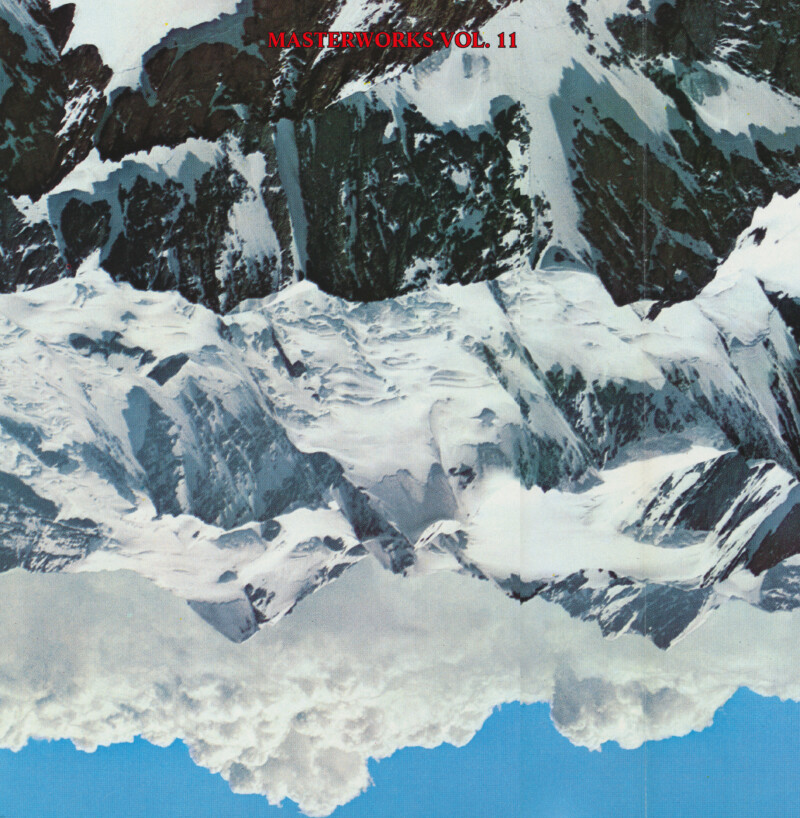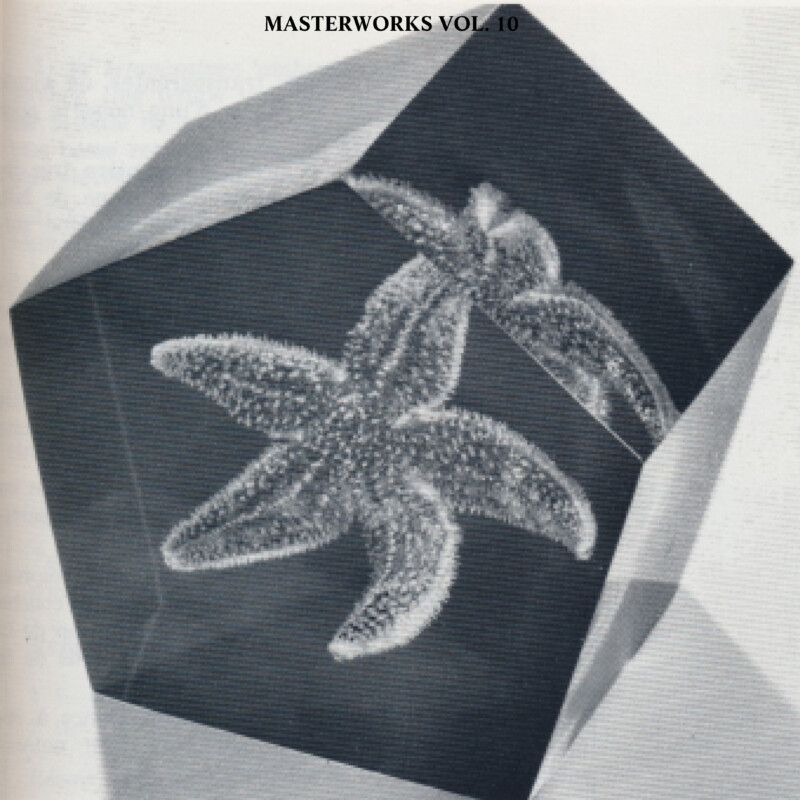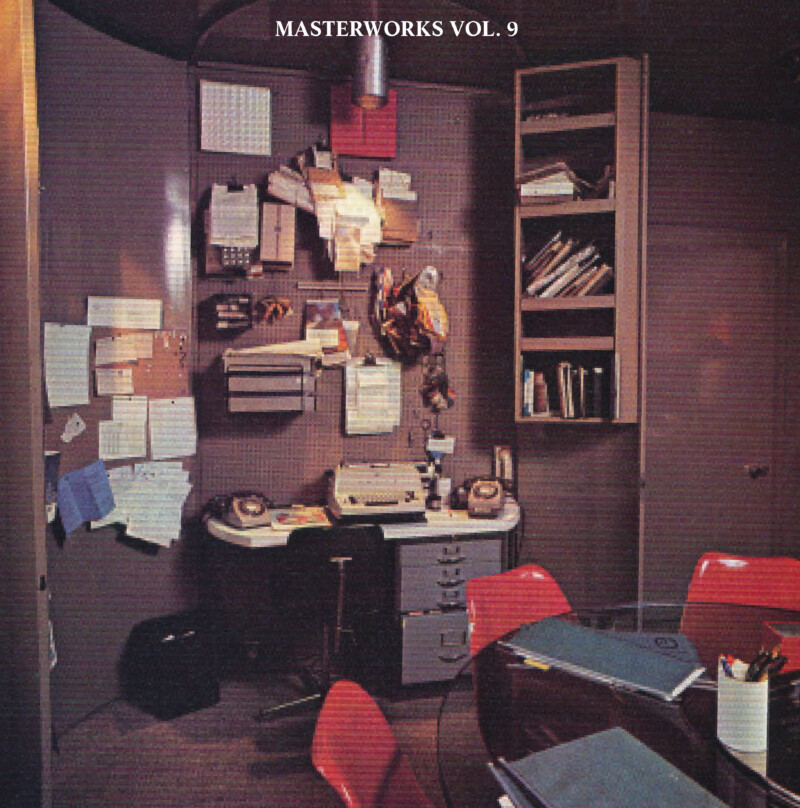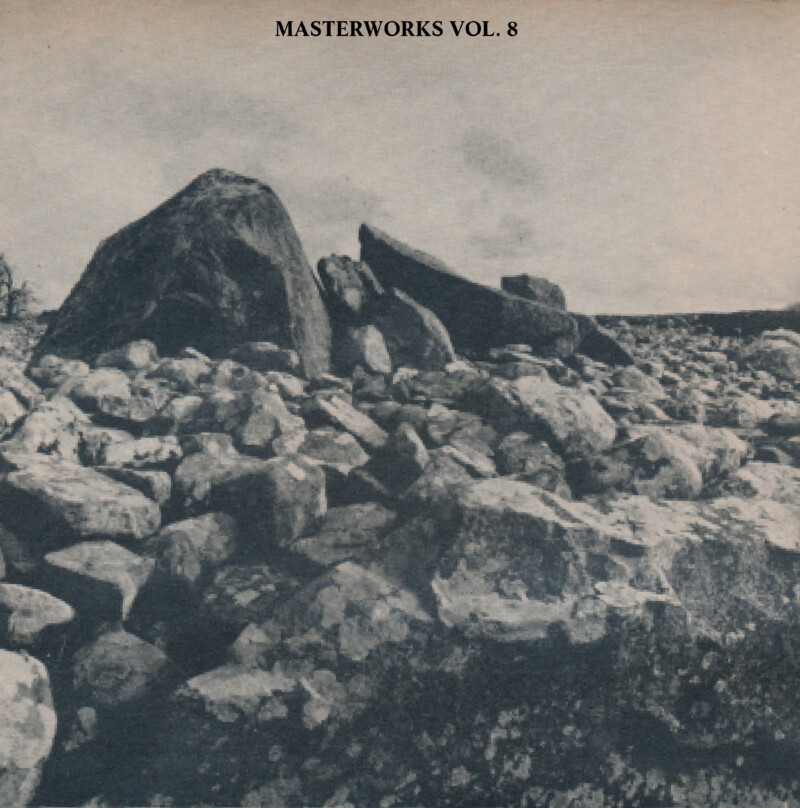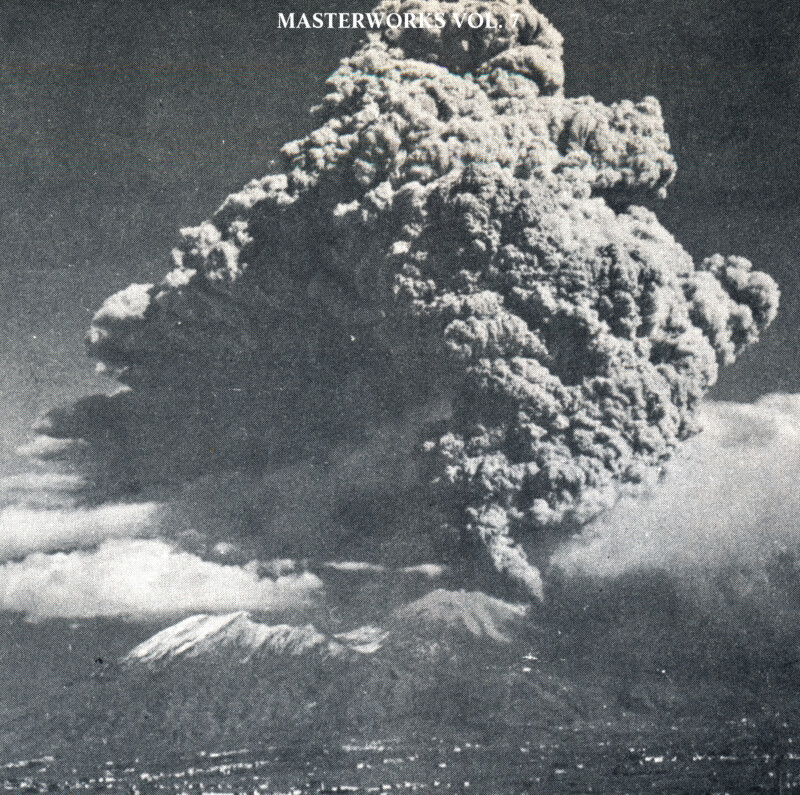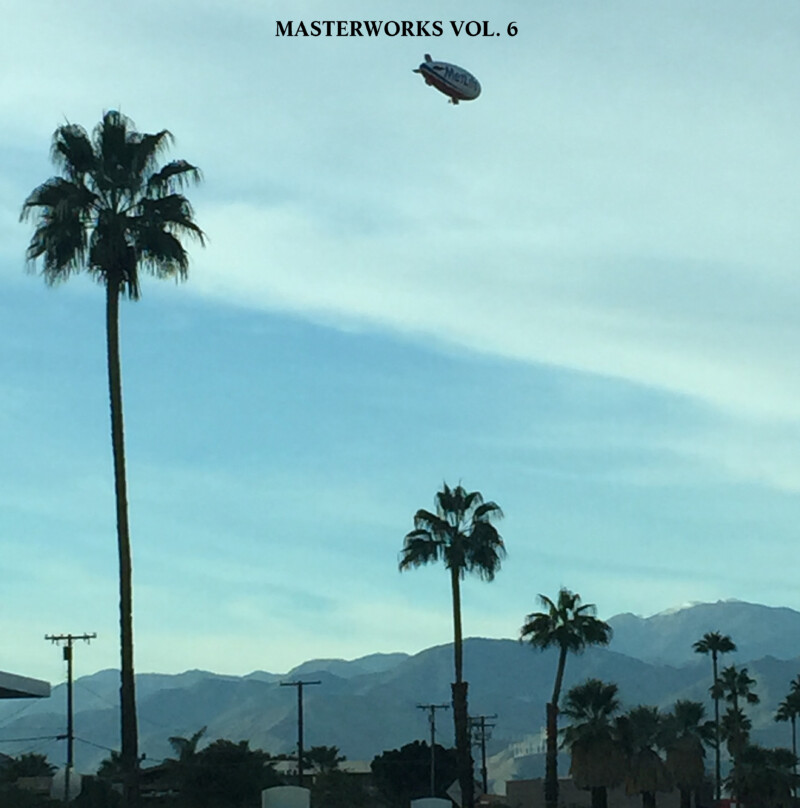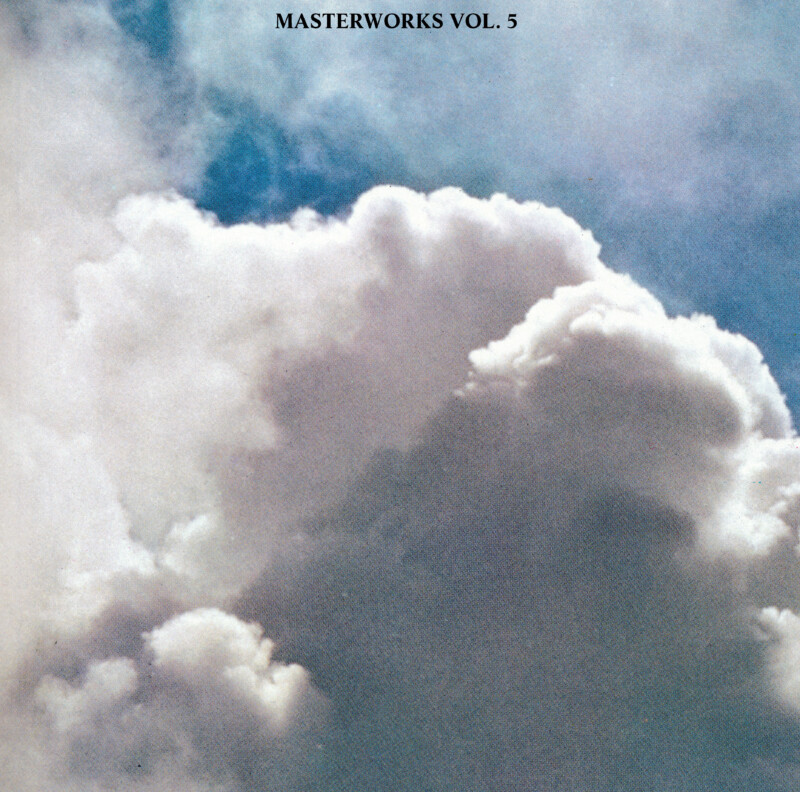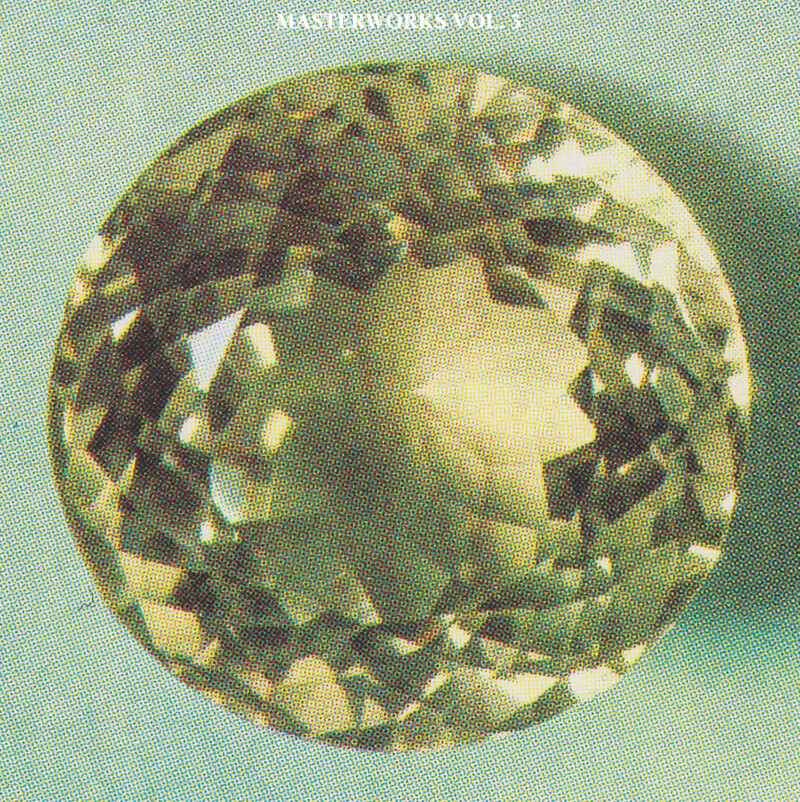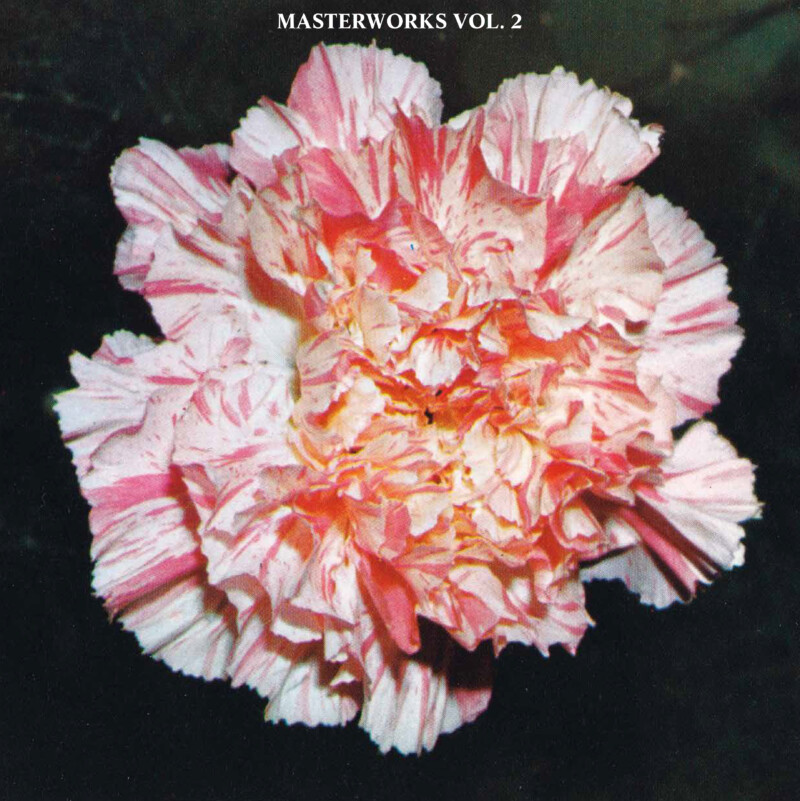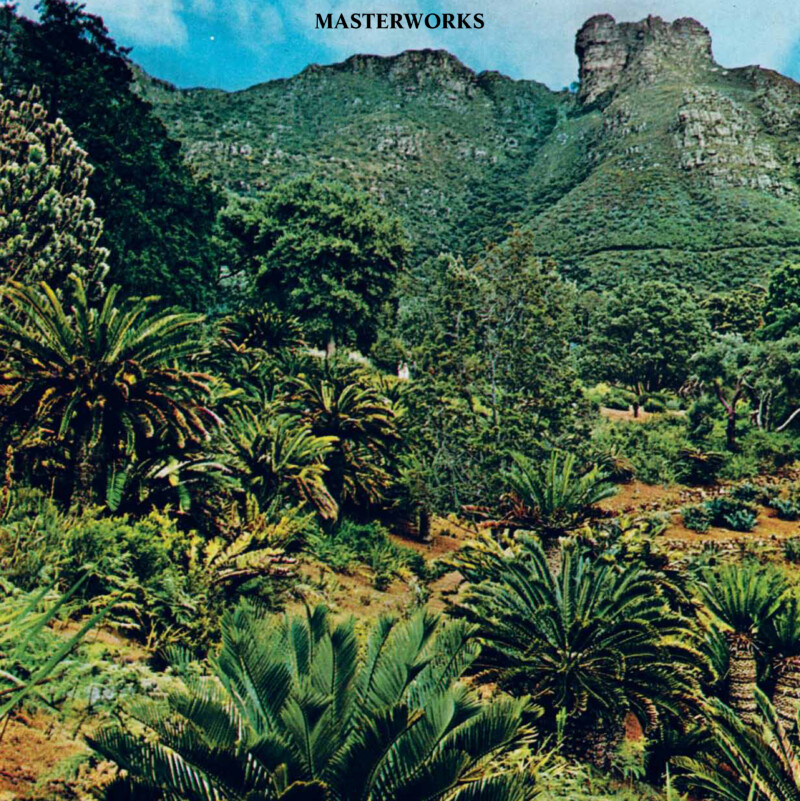music production
graduating option composing music
study path music production
3+2 years
English master
profile music programme
Man is constantly confronted with new stimuli that have never been perceived before and to which he must respond. This is precisely why man can never be not creative.
(interpretation of Arnold Gehlen, ‘Man: his nature and place in the world’).
Creativity at its core
The search for new, original solutions. That is perhaps the simplest definition of creativity. The music programme at KASK & Conservatorium puts this competence at the heart of the training of students to become performing musicians, composers, producers, builders, artists. Because we are training you to be the music makers of the future. With certainty, we can say about the future: it will be different from today.
Creativity is everywhere: in interpreting an existing piece of music, writing a composition, song or arrangement, dealing with your audience, communicating with fellow musicians and organisers, building a portfolio, developing a stimulating study method, searching for the right sound, honing a narrative,... In short: in forming your own unique and authentic artistic profile.
To achieve this, the curriculum of the music programme offers a broad and solid musical and theoretical basis, with plenty of room for self-chosen specialisation. You can specialise in a certain style (jazz, pop, classical, experimental, etc.) in a certain field (production, songwriting, film composition, contemporary performance, etc.) or choose to broaden your horizons by combining expertise, genres and disciplines. Moreover, thanks to collaborations with the other art programmes within KASK & Conservatorium, this can be done across different art forms.
In our educational organisation, we also provide the necessary time and room to develop creative skills. Four times per academic year, the teaching weeks give way to project weeks, where guest speakers are invited and masterclasses are organised, where we focus on interdisciplinary cooperation and co-creation, on internal or external project collaboration, or on deepening certain facets of musical practice.
Your artistic practice as a performing or creative musician, on your instrument or in the studio, in a group or individually, is always accompanied by critical reflection. Besides the necessary technical skills, you focus on your own artistic development. How does your work relate to that of others? Where do your strengths lie and how do you best develop them? In applied theoretical subjects such as ear training, rhythm, music analysis and harmony, you will learn the necessary basic competences. General education like philosophy, for instance, creates a broader frame of reference. In your artistic practice, everything eventually comes together and you learn to place yourself within that broader context.
The music programme strives for broad employability in the professional field. During your studies, you will have personal contact with many people in the broad sector: first and foremost, your fellow students and teachers from all the programmes at our school, but also renowned guest speakers, programmers, visiting ensembles and bands in our MIRY Concert Hall and Club Telex, and contacts you get to know during internships or international exchanges. This is how we help you build your network, with Ghent, the UNESCO Creative City of Music, as your springboard.
read more about the programme
For many years, music production has been a benchmark for anyone working creatively with music and sound. Whether as a songwriter and performer (Balthazar, Douglas Firs, Amatorski, Absynthe Minded, Shht!, Yong Yello, Ramkot, Loverman, Meltheads, Lézard ...), as a producer (Jasper Maekelberg, Tobie Speleman, Pieterjan Maertens, Matthias Stal ...), as a composer (Hannes De Maeyer) or behind the scenes at VRT, in recording studios or audiovisual productions: our alumni are everywhere.
The focus is on creativity, musicality (both performance and songwriting/composition) and technique. It is precisely the combination of all these things that makes music production a unique study programme in Flanders.
Songwriting, mix and live music
For three Bachelor years, you will learn everything about recording, mixing and songwriting in your main practice through creative assignments. You work in class, but also individually and in groups, making full use of the school's infrastructure: two professionally equipped studios with an extensive collection of peripherals and microphones. In supporting subjects (where you can make your own targeted choices based on your own interests) you will learn to work with software, synths, drum computers, etc.
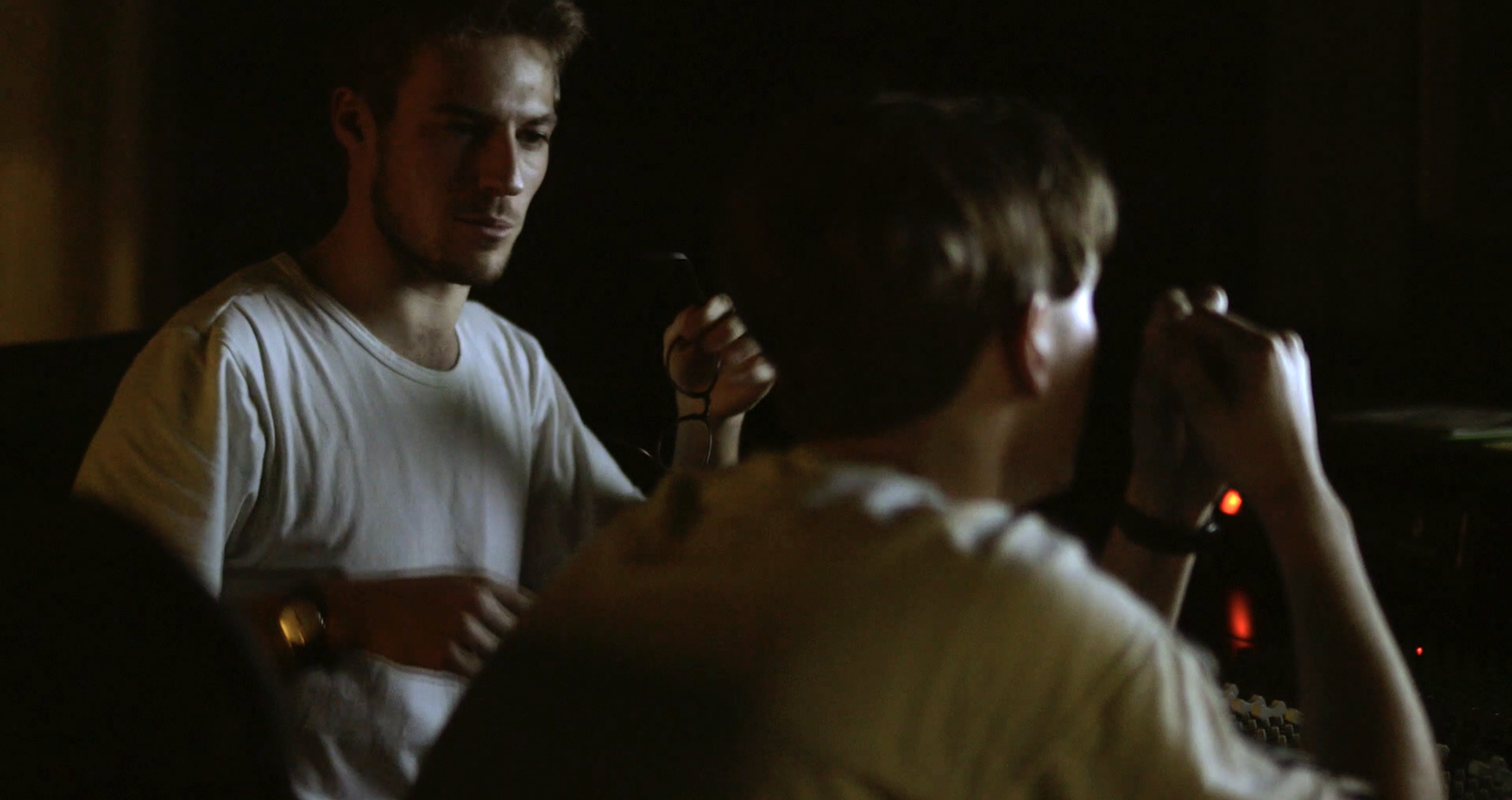
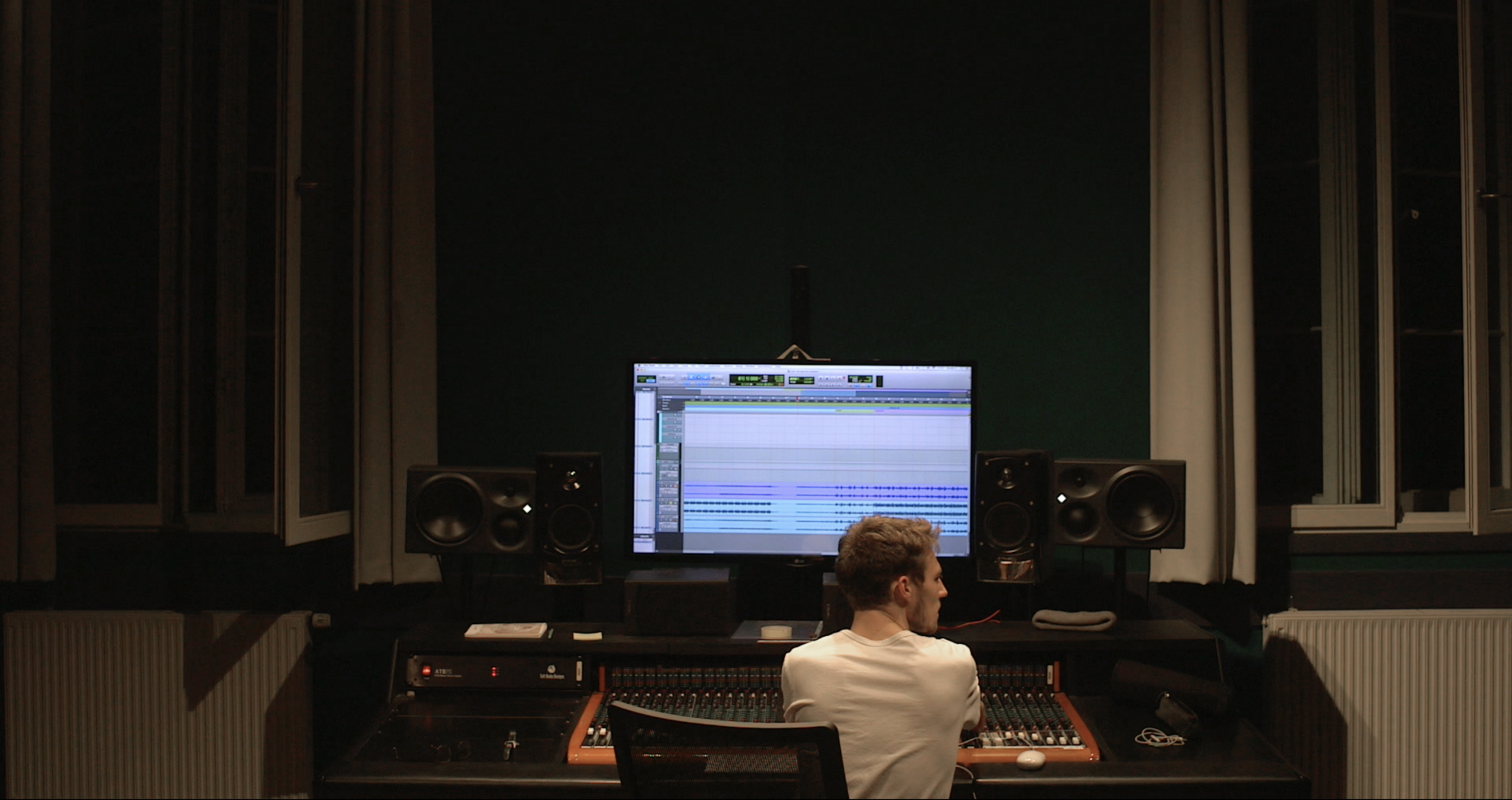
Furthermore, a lot of attention is paid to live music-making. In subjects such as arrangement, ear training, pop and jazz history, you will acquire a solid theoretical basis. Theoretical course units such as philosophy provide a broader frame of reference, while attention is also paid to practical professional skills, entrepreneurship, mental well-being and building a network.
Your master's project as a link to the professional field
In the two master's years, the link to the professional field becomes more concrete through external mentors and subjects such as arts in practice and internships. The grand finale is your master project which may include productions of your own work, productions for external artists and live performance.
KASK & Conservatorium is a unique environment where students and teachers from different arts disciplines inspire each other and where, in an exceptional setting, you can work your way up to a creative master's degree in music.
teachers
study programme (new from 2025-26 onwards)*
* can be consulted on hogent.be/studiefiches from June onwards.
enrolment and tests
how do you register for the bachelor?
see the dates and assignments for the test
how do you register for the master?
see the dates and assignments for the test
If you want to apply for an academic bachelor's, you must first pass an artistic admission test. To enter the master's programme, you will take part in an orientation test. These are organised several times per academic year.
english master
In addition to a Dutch-language master, this study path also has a fully English-language counterpart. Every academic year, dozens of foreign students start in the English master's at KASK & Conservatorium.
There are no differences in curricula, competencies, learning outcomes or organization between the English-language programmes and their Dutch-language counterparts. English-speaking candidates holding a master’s degree in music can also go in for the advanced master contemporary music or one of our postgraduate programmes.
Don’t hesitate to contact the study and learning track counsellors with your questions.
quality assurance
KASK & Conservatorium's programme in music has been assessed against the internationally recognised standards of MusiQuE in 2022.
2, Jozef Kluyskensstraat
9000 Ghent
credits
- Jerome Springiers, Mastersounds 2020, photo: Benina Hu
- video: Manon De Sutter & Charles Dhondt








